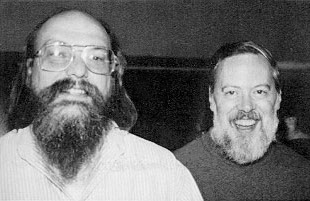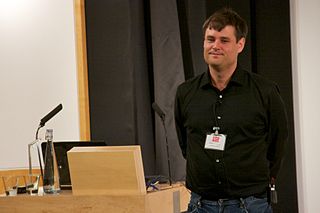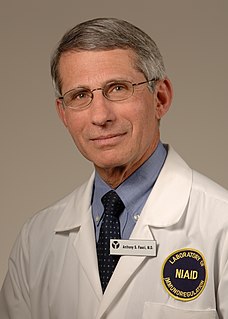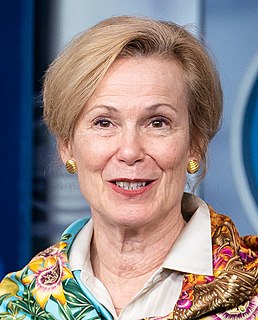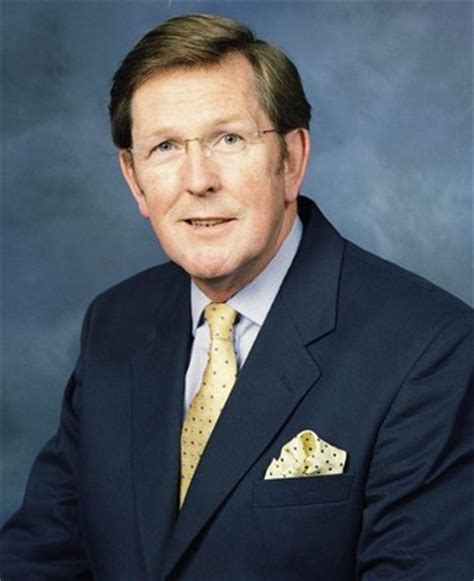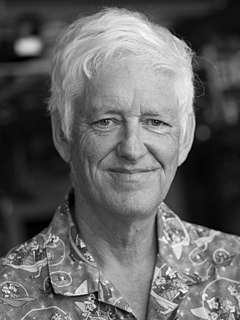Top 1200 Data Structures Quotes & Sayings - Page 2
Explore popular Data Structures quotes.
Last updated on December 4, 2024.
One of the things I enjoyed when working in manga was when I couldn't tell where anything was going because there weren't narrative tropes and structures I was used to. After doing it for seven years, I got to the point where I did see structures. I did start to learn, but at first I didn't know where it was going. It was very exciting for me.
Facts and theories are different things, not rungs in a hierarchy of increasing certainty. Facts are the world's data. Theories are structures of ideas that explain and interpret facts. Facts do not go away while scientists debate rival theories for explaining them. Einstein's theory of gravitation replaced Newton's, but apples did not suspend themselves in mid-air pending the outcome.
The most important thing is that man should be the measure of all structures, including economic structures, and not that man be made to measure for those structures. The most important thing is not to lose sight of personal relationships - i.e., the relationships between man and his co-workers, between subordinates and their superiors, between man and his work, between this work and its consequences.
Random search for data on ... off-chance is hardly scientific. A questionnaire on 'Intellectual Immoralities' was circulated by a well-known institution. 'Intellectual Immorality No. 4' read: 'Generalizing beyond one's data'. [Wilder Dwight] Bancroft asked whether it would not be more correct to word question no. 4 'Not generalizing beyond one's data.
Data isn't information. ... Information, unlike data, is useful. While there's a gulf between data and information, there's a wide ocean between information and knowledge. What turns the gears in our brains isn't information, but ideas, inventions, and inspiration. Knowledge-not information-implies understanding. And beyond knowledge lies what we should be seeking: wisdom.
EMA research evidences strong and growing interest in leveraging log data across multiple infrastructure planning and operations management use cases. But to fully realize the potential complementary value of unstructured log data, it must be aligned and integrated with structured management data, and manual analysis must be replaced with automated approaches. By combining the RapidEngines capabilities with its existing solution, SevOne will be the first to truly integrate log data into an enterprise-class, carrier-grade performance management system.
There is so much information that our ability to focus on any piece of it is interrupted by other information, so that we bathe in information but hardly absorb or analyse it. Data are interrupted by other data before we've thought about the first round, and contemplating three streams of data at once may be a way to think about none of them.
I eventually realized that direct experience is the most valuable experience I can have. Western man is so surrounded by ideas, so bombarded with opinions, concepts, and information structures of all sorts, that it becomes difficult to experience anything without the intervening filter of these structures.
To look at infidelity from the point of view of sex is a complete narrowing of the phenomenon. There's a reason that the commandment is repeated twice in the Bible - once for doing it and once for thinking about it. We have always created structures and broken structures. It is essential to the human spirit.







